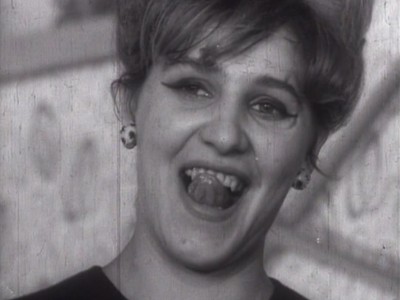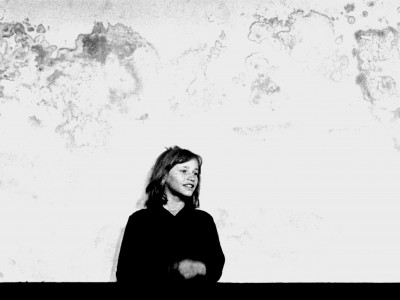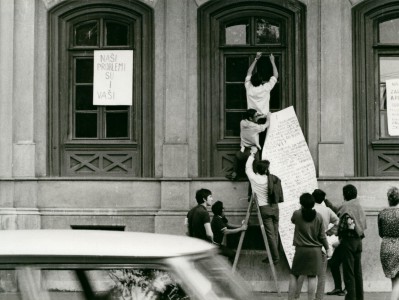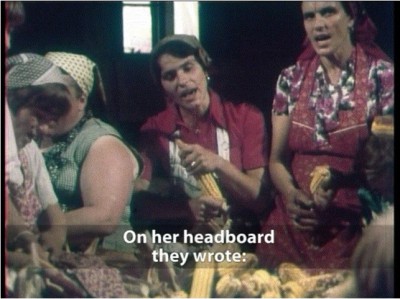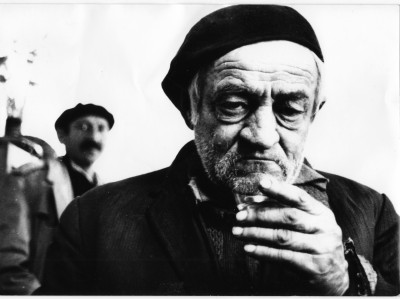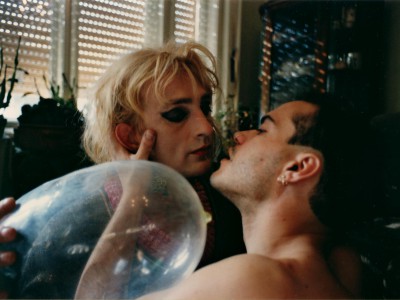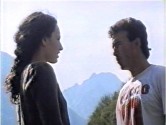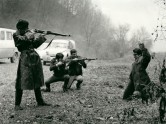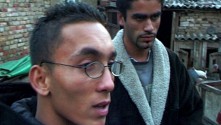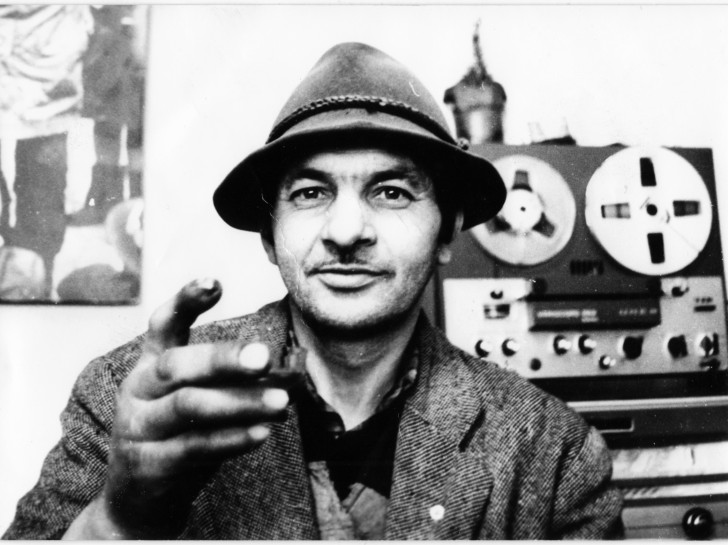
Zelimir Zilnik and the Black Wave
Short Films
Shot in the neighboring villages bordering his hometown of Novi Sad, Zilnik’s film debut probes the bars, dances and streets to document the unrest and bubbling energy of young people enjoying themselves yet growing restless by the moment. Zilnik’s first film contains what would become his trademark style: blending documentary and fiction with a corresponding aesthetic boldness and directness, zeroing in on political issues deemed socially unacceptable and declared taboo by the government.
Little Pioneers, its title taken from a 1968 pioneer song, documents the stories of children living on the streets. The children speak openly about their experiences of abuse and squalor, while projecting a certain joy. Zilnik juxtaposes the confessions with scenes at a circus where the children congregate and have fun like "normal" youth, thus contradicting the government’s generally positive representation with a more accurate portrayal of children abandoned by their families and society.
Zilnik documents the student demonstrations in Belgrade in June 1968 as the entire world is about to burst at the seams in revolt. Students bond with the community in solidarity against the government.
As traditional Hungarian ballads are sung by residents of the Vojvodina villages, the film shows the environment and work each song describes.
One of the most important and radical films of the late 1960’s, Black Film reveals Zilnik's personal commitment to social change, expressed through his act of bringing home—to his wife’s dismay—half a dozen homeless men late one night. While they enjoy themselves, the filmmaker tries to “solve the problem of the homeless” carrying along a film camera as a witness. Zilnik includes at the end of the film a “proclamation” that “the film is about the position of filmmakers and intellectuals, who although they pretend that they are changing the society and helping people, are actually not doing anything but making films.”
